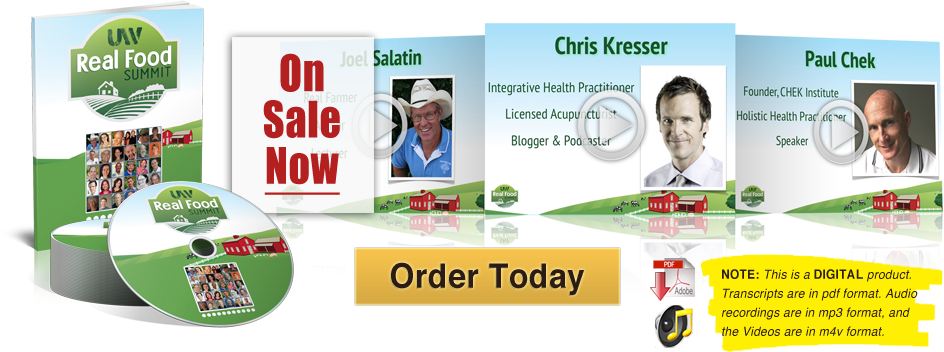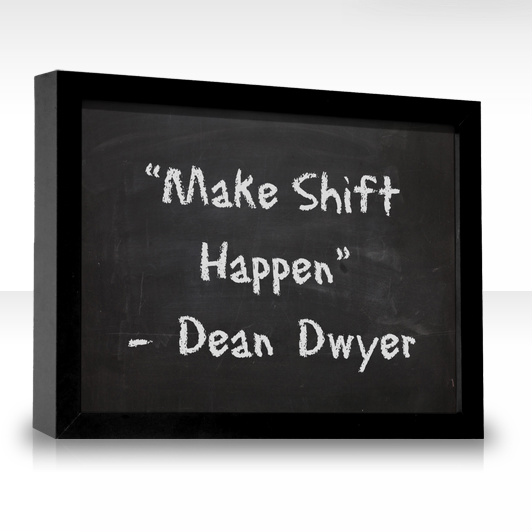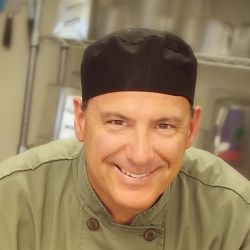 by Sean Croxton
by Sean Croxton
I’m actually a bit embarrassed about this one.
Tomorrow morning I’ll be hopping on a bird and flying to the great State of Georgia to speak at the Black Male Empowerment Summit at Georgia Southern University.
My presentation, entitled How to Survive College with Your Health Intact, will offer these young men simple tips and strategies for avoiding the typical health challenges — weight gain, depression, blood sugar dysregulation, and more — that students often encounter by the time they make that final walk across the stage.
But that’s not what I’m embarrassed about.
What’s had me feeling a bit ashamed over these past couple weeks, as I’ve prepared for my talk, is my complete disconnection with the history of agriculture and its impact on the Black community.
It’s been 25 years since I moved from Oakland, CA, where my neighbors and classmates were pretty much all of color, to nearby Alameda, a predominantly White community where I was one of only three Black kids in the entire school.
I’ll never forget the first day of fourth grade at Saint Philip Neri Elementary School. I sat in Mom’s Volvo station wagon crying my eyes out as I looked out into the playground trying to find a single Black face. Talk about culture shock!
Alameda is where I would call home until I left to attend San Diego State University in 1995. I probably don’t have to tell you the demographics there.
By no means are my memories of living in a Black community ones of poverty or hardship. My father was one of the best shoe salesmen Macy’s had ever seen. Mom worked for the phone company.
We lived in a two-story house with a well-kept lawn and a tall palm tree in the front yard. My brother and I had a room dedicated to toys — The Toy Room, we called it — and a swing set and basketball court out back.
Every night, we sat around the kitchen table, talked, and ate Mom’s home-cooked meals. I can even vaguely remember Mom (then again, maybe it was Dad) growing strawberries, tomatoes, and lemons in the backyard. But the vivid memories of spending many Saturdays on my hands and knees pulling weeds will never leave me.
I hated pulling weeds.
Soon after my parents divorced, Dad hit the road and never looked back. My brother and I were two young Black kids being raised by a Mexican mother in a White community. We were mixed up, both literally and ethnically.
As I grew older, I became well aware of the fact that I was missing out on Black culture. In an attempt to make up for it, I read books like The Autobiography of Malcolm X, Soul on Ice, and Manchild in the Promised Land. I can tell you all about the Black Panthers, Fred Hamptom, and the FBI’s programs to destroy the reputations of black leaders (and more).
But one thing I couldn’t tell you about is the connection between agriculture and the current state of the black community. It never clicked. That is, until now.
I have Will Allen — an urban farmer based in Milwaukee, WI — and his book The Good Food Revolution to thank for that.


 by Sean Croxton
by Sean Croxton by Sean Croxton
by Sean Croxton by Sean Croxton
by Sean Croxton by Sean Croxton
by Sean Croxton






